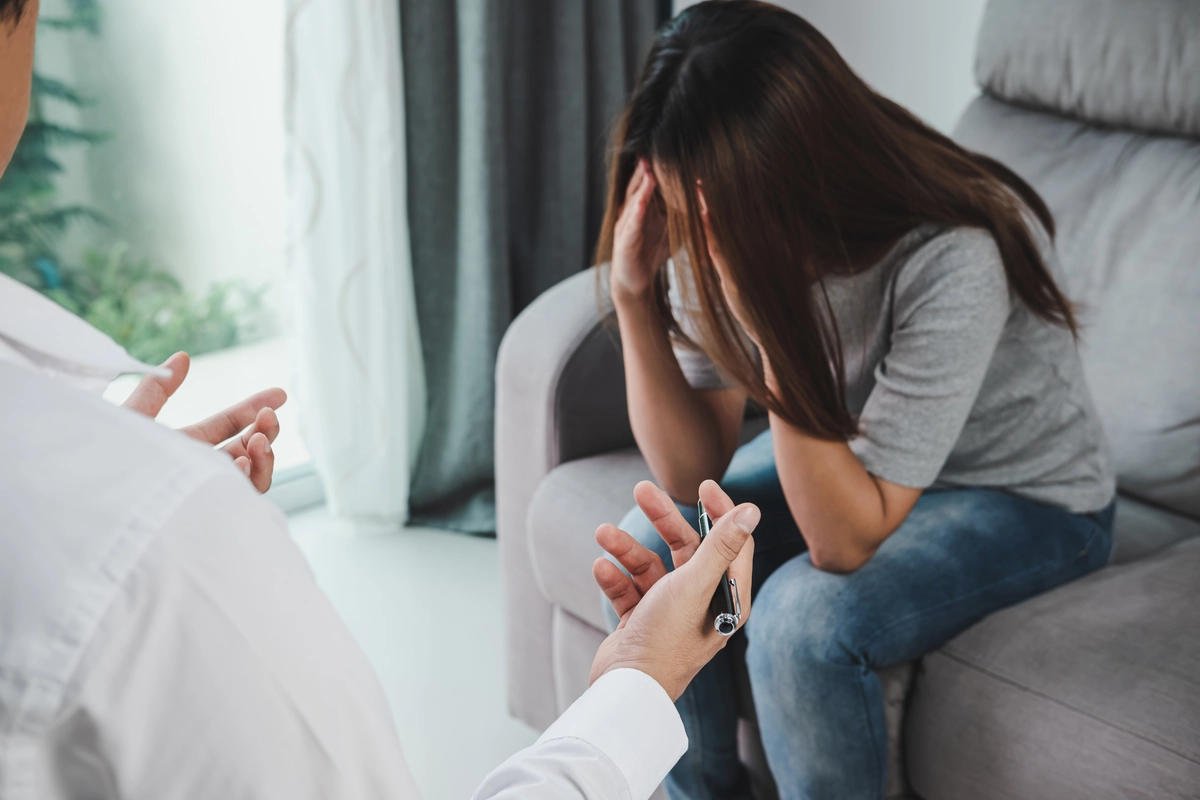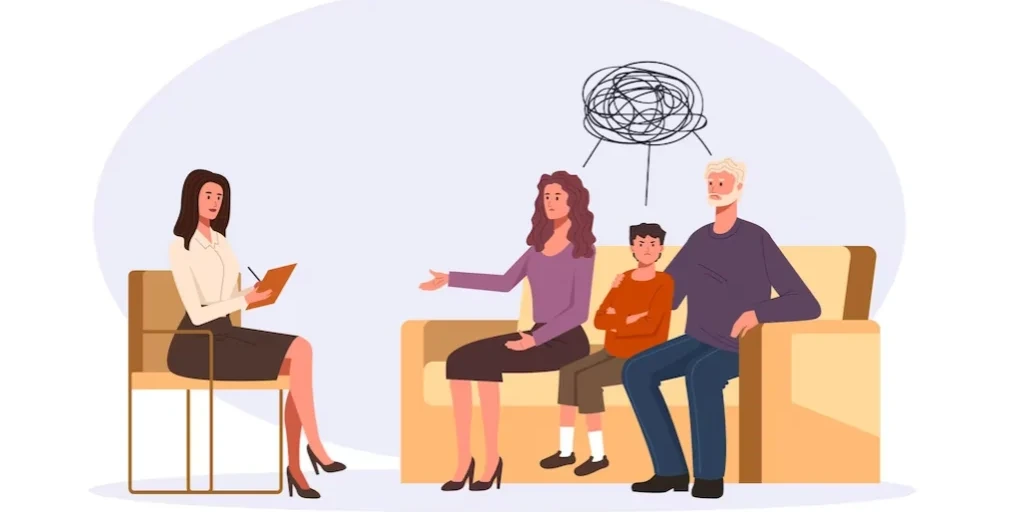24/7 Helpline:
(866) 899-221924/7 Helpline:
(866) 899-2219
Learn more about Depression Treatment centers in Bee County

Other Insurance Options

PHCS Network

Evernorth

Meritain

Regence

Carleon

Excellus

Oxford

Access to Recovery (ATR) Voucher

Choice Care Network

Health Partners

MVP Healthcare

American Behavioral

CareSource

Multiplan

Coventry Health Care

Health Choice

AllWell

Medical Mutual of Ohio

Humana

WellCare Health Plans





















































Council on Alcohol and Drug Abuse – Coastal Bend
Council on Alcohol and Drug Abuse – Coastal Bend is a private rehab located in Beeville, Texas. Coun...






















